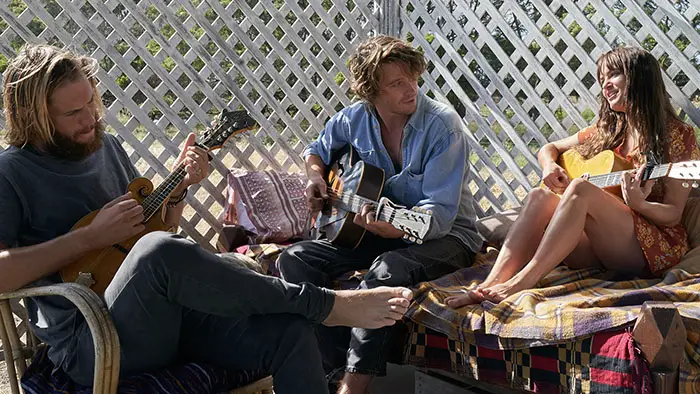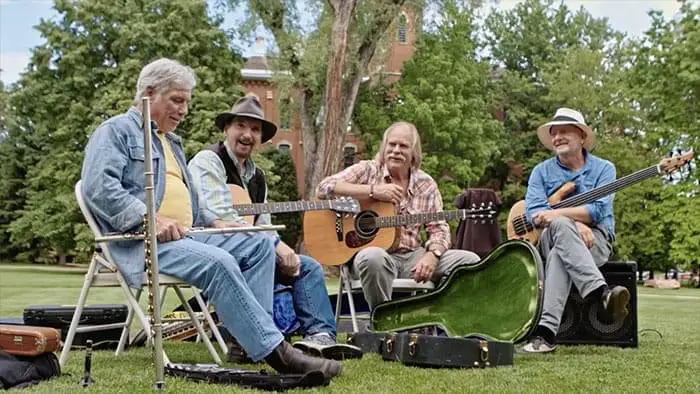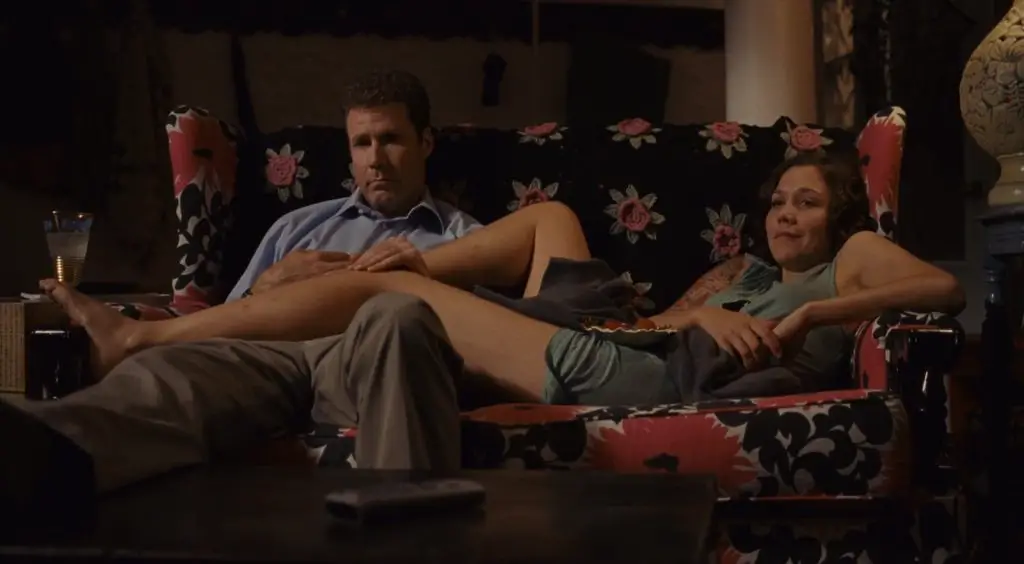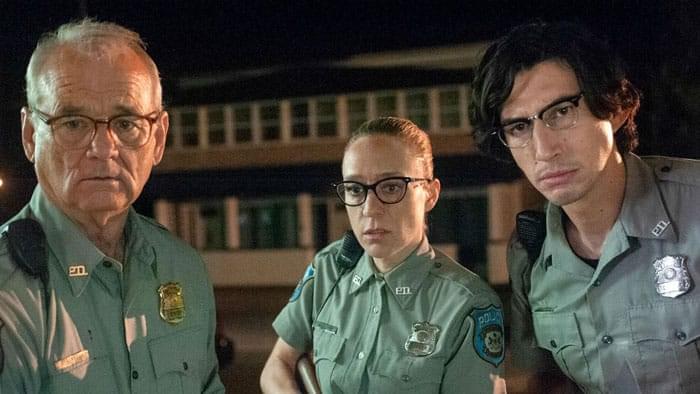
Putting together a film, of any size or budget, is a serious undertaking. It’s the culmination of sometimes years of hard work and the effort of dozens of individuals, all united in the pursuit of the production of a vision that meets the needs of all concerned.
The costs associated with making a masterpiece, from a Hollywood blockbuster to a student film, can easily escalate and the desire to make a finished product that attracts the attention of an audience can lead a producer to make expensive decisions they wished they had thought through.
If you are lucky you can rope in like-minded friends to help get your work of art out there, maybe you have a friend who is a sound engineer willing to work for free, or perhaps an edit looking for a credit to put on his IMDB page and budding actors who hope to get noticed in your low-budget film.
However there are other elements, crucial ones, that will end up costing you money if you don’t plan wisely. For instance, and for the purposes of this article, the soundtrack is one such area.
The value of a great soundtrack to a movie is infinite. Be that a selection of great tracks or atmospheric sound effects or a brooding score, these all add to the overall quality of the completed piece.
You may look to use mainstream hits or existing music you love in your movie but beware the many pitfalls in doing so. Perhaps you’ll look to use these without permission, hoping you’ll get away with what you may deem as a minor infraction, we’d strongly advise you not to do so.
The chances of getting away with such an act are slim and then there is the moral issue with effectively stealing someone else’s hard work. So maybe you’ll elect to pay for the use of these tracks, if you wish to do so you should be prepared to pay some serious amount of money.
Clearly if you are working within an established production system then the cost is perhaps reasonable but if you are making a film on a low budget then you’ll have to use up most of it just to clear a song or two. There is however an alternative. You could elect to use Copyright-Free music.
What is Copyright-Free music?

Copyright-free music is essentially another term of royalty free music, as there is almost zero music in the public domain that is completely free of a copyright, and there is tons of great material at your fingertips, ready to be used in your production for a fraction of the cost of using mainstream music.
Royalty-free music is a resource you can access, usually for a one-off or subscription fee that is very competitively priced. There are many websites and companies that host millions of tracks that are available to you at no additional cost beyond the original outlay.
This type of music is hosted in massive databases that is well ordered and tagged so you can easily find music that suits any mood, genre or scene from your production.
Sites host musical content from thousands of bands, singers and producers, and the quality of the music is substantial.
Usually these are bands and acts looking to gain some exposure from being associated with content that may be seen by a larger audience, also these musicians receive a cut of the fee you pay the relevant site. So it’s a win/win thing for all concerned.
Additionally these sites also offer a large sound effects department that can also add a professional touch to your production.
Why is the best option for your film project?

By using royalty-free music you will greatly reduce the portion of your budget that was set aside from the film soundtrack you need in order to make your film truly worthwhile. The cost of using this kind of service, versus the cost or risk of using existing well-known music, is minimal to nominal.
And there is the additional benefit of the fact that you can scroll through thousands upon thousands of tracks to find the music that is perfect for your project and not just something everyone has heard a million times before.
In many ways this means that royalty-free music, or copyright-free music as it’s sometimes termed, can make your project not only cheaper to put together but also far more unique than it would potentially be with mainstream musical accompaniment.
Now is very much the right time to use such a tool as the quality, and scope, of royalty-free music is really booming right now. With countless sites entering the space and making the product increasingly more reasonably priced as well as the size of the musical libraries ever more monumental.
Any budding filmmaker would have to consider such a route to scoring their films, any other option is riddled with massive cost implications that are frankly not only avoidable but also unnecessary.


